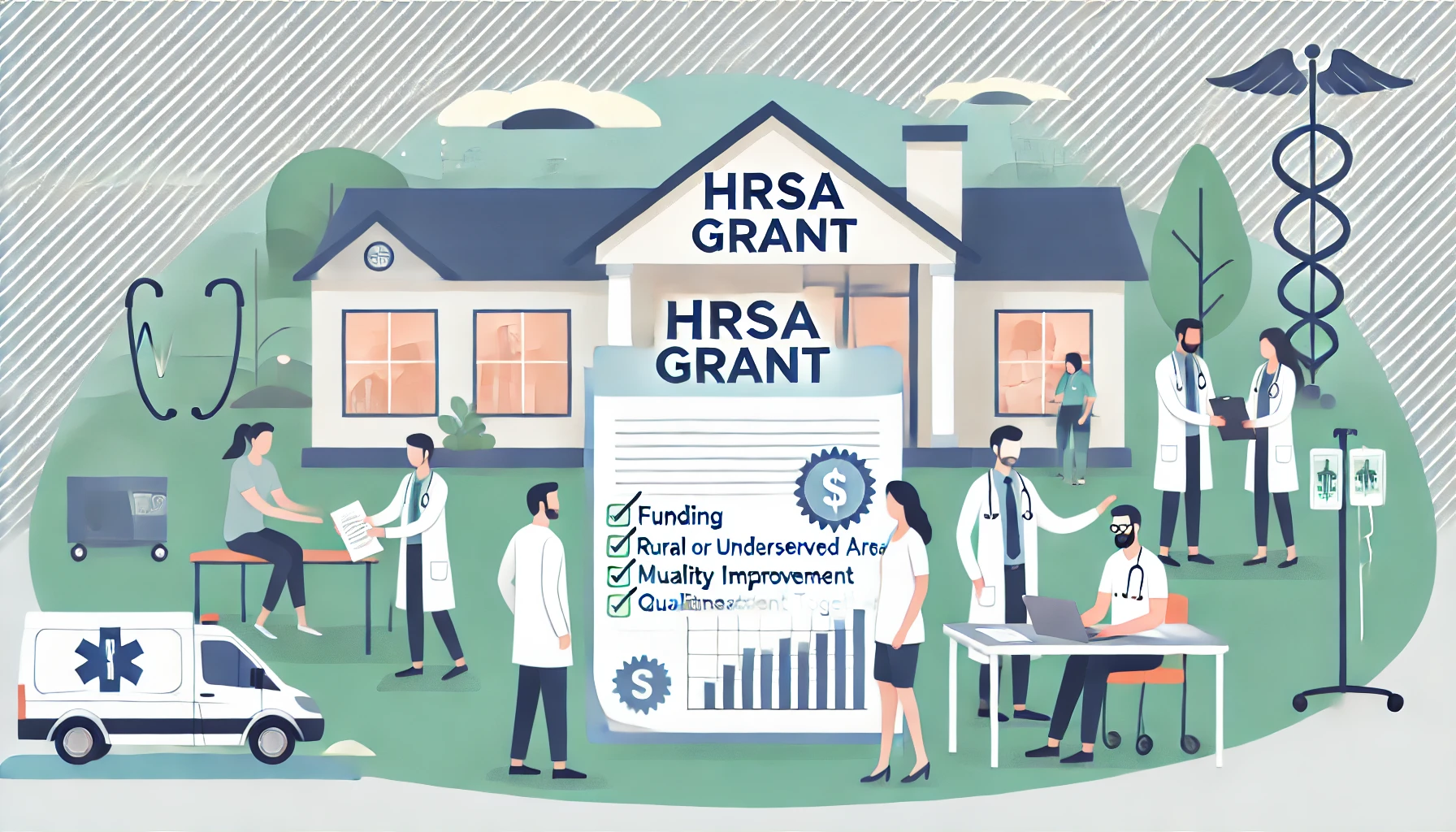
Table of Contents

January 9, 2025
Enhancing Patient Safety in Healthcare through Effective Drug Management
Effective drug management is vital for patient safety, addressing medication errors through technology, education, accountability, and systemic reforms.
Enhancing Patient Safety in Healthcare through Effective Drug Management
The Importance of Drug Management in Patient Safety
In an era where healthcare systems strive for precision and efficiency, one of the most critical challenges that persist is ensuring patient safety through effective drug management. A recent article published in the *Drug, Healthcare and Patient Safety* journal explores this multifaceted issue, emphasizing the need for proactive strategies to address medication errors and their impact on health outcomes. You can read the original article [here](https://www.dovepress.com/drug-healthcare-and-patient-safety-journal). The article raises an important question: Are current healthcare systems equipped to minimize medication errors effectively, or are there gaps that still need addressing? At the core of this inquiry lies the relationship between drug management practices and the broader goal of mitigating risks to patient health.Understanding the Scope of the Problem
Medication errors are among the leading causes of preventable harm in healthcare settings. These errors can occur during any step of the drug lifecycle, from prescribing and dispensing to administration and monitoring. According to the article, a significant contributing factor is the increasing complexity of healthcare systems and the drugs themselves. As the range of available medications expands, so does the potential for errors. The consequences of such mistakes are far-reaching, impacting not only patients but also healthcare providers and institutions. From adverse drug reactions to prolonged hospital stays, the ripple effects of poor medication management can strain resources and undermine trust in healthcare systems. As the article notes, "poor drug management can result in catastrophic outcomes ranging from minor discomfort to severe mortality rates.”The Underlying Causes
The article identifies several reasons for lapses in drug safety, including:Strategies for Effective Drug Management
The article doesn’t just delve into identifying problems; it also proposes actionable solutions aimed at mitigating them. Here are some of the key suggestions:Harnessing Technology
Technological advancements such as electronic prescribing (e-prescribing) and automated dispensing systems are already transforming the healthcare landscape. The article stresses that these tools, when used correctly, can significantly reduce errors. For example:Promoting Continuing Education
With the rapid development of new drugs and therapies, staying current is essential for healthcare professionals. The article recommends ongoing education programs to ensure staff remain updated about pharmaceutical advancements and best practices. Through workshops, seminars, and digital learning tools, medical personnel can better equip themselves to make informed decisions.Fostering a Culture of Accountability
The article also underscores the importance of creating a transparent, blame-free environment where staff feel empowered to report near misses and errors. Open communication among team members can help identify vulnerabilities early, preventing future mistakes. This culture of accountability serves as a cornerstone for robust patient safety systems.Balancing Optimism with Caution
While the strategies proposed in the article are promising, one must approach them with a mix of enthusiasm and skepticism. For instance:Alternative Perspectives Worth Considering
While the original article highlights technology, education, and accountability as solutions to enhance drug management, alternative approaches could also add to the conversation:Patient Involvement in Drug Safety
Could a more patient-centered approach enhance outcomes? Encouraging patients to actively participate in their treatment plans ensures they understand the medications they are prescribed and their potential side effects. Patient education, combined with caregiver collaboration, can act as a second line of defense against errors.Systemic Healthcare Reforms
Beyond frontline fixes, systemic changes in healthcare delivery could address some of the root causes of medication errors. For example:Conclusion: A Call for Holistic Solutions
Enhancing patient safety through effective drug management is undeniably a pivotal challenge in modern healthcare. As the article rightfully states, it requires a combination of "technological advances, education, and a supportive organizational culture." However, addressing medication errors demands not only innovation and resources but also a willingness to re-examine entrenched systems and assumptions. Readers are encouraged to explore the original article for a deeper understanding of this issue and consider its proposed solutions alongside alternative perspectives ([source](https://www.dovepress.com/drug-healthcare-and-patient-safety-journal)). Only by tackling the problem from multiple angles can we hope to reduce medication errors and ensure safer, more reliable healthcare for all. Ultimately, this conversation should leave us pondering: Is the healthcare sector doing enough, or is there room for more comprehensive reform?Thank you! Your submission has been received!
Oops! Something went wrong while submitting the form.

Why Every Hospital Needs a Quality and Patient Safety Program
Every hospital needs a quality and patient safety program to reduce harm, improve care, and foster a culture of accountability.
Read More
.png)
.png)
April 16, 2025

HRSA FQHC Requirements: A Comprehensive Guide for Healthcare Providers
When it comes to federally qualified health center requirements, there’s no shortage of regulations, expectations, and—depending on your perspective—opportunities.
Read More
.png)
.png)
April 7, 2025

Unlocking Funding: A Guide to Health Resources and Services Administration (HRSA) Grants
Use HRSA grants to fund external peer review programs that enhance care quality, reduce bias, and support compliance in health centers.
Read More
.png)
.png)
March 24, 2025



.png)
.png)
.png)






.png)